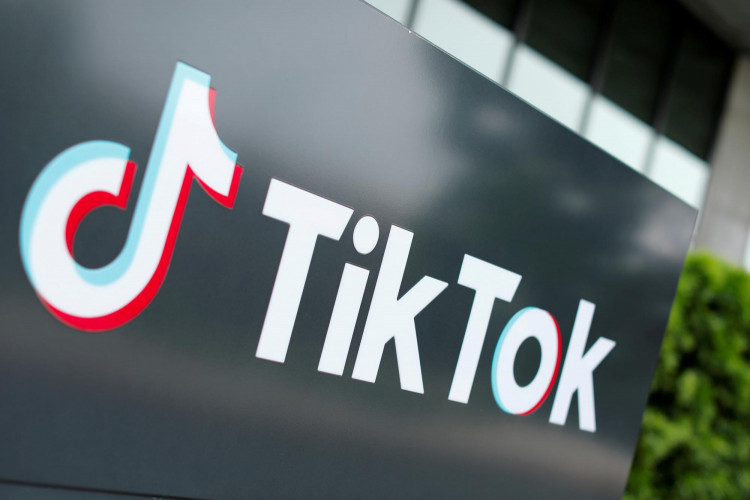President-elect Donald Trump has urged the Supreme Court to postpone the implementation of a looming TikTok ban, emphasizing the need for a negotiated resolution that addresses national security concerns while preserving the First Amendment rights of millions of Americans. The plea, outlined in a legal brief filed Friday, underscores the contentious debate surrounding the popular social media platform, which has more than 170 million users in the United States.
The TikTok ban, scheduled to take effect on January 19-just one day before Trump's inauguration-has been defended vigorously by the Biden administration. In its own filing, the administration argued that TikTok's Chinese parent company, ByteDance, poses a "grave threat" to U.S. national security due to its potential ability to collect user data and manipulate content to advance Chinese geopolitical interests.
This case, one of the most significant before the Supreme Court in 2024, pits national security concerns against free speech rights, with oral arguments scheduled for January 10.
Trump, in his brief, avoided taking a definitive stance on the First Amendment questions but requested the Supreme Court delay the ban's effective date. This pause, he contended, would allow his administration to explore alternative solutions to address security concerns without resorting to an outright ban.
"The First Amendment implications of the federal government's effective shuttering of a social-media platform used by 170 million Americans are sweeping and troubling," Trump's filing stated. He argued that the TikTok ban sets a dangerous precedent, potentially enabling governments to restrict speech on platforms based on disfavored content.
The Biden administration has remained steadfast in its support for the ban, asserting that TikTok's ties to ByteDance and, by extension, the Chinese government, present an unacceptable risk. "TikTok collects vast swaths of data about tens of millions of Americans," the administration argued in its filing. It warned that China could exploit the platform to sow disinformation or discord during a crisis.
The law, enacted in April with bipartisan support, allows TikTok to continue operating in the U.S. only if it divests from Chinese ownership. The Biden administration has pointed to TikTok as a potential conduit for Chinese influence, describing it as a "technological weapon" in court filings.
Trump's approach to the TikTok controversy has been notably inconsistent. During his first term, he sought to ban the platform but later reversed his stance during the 2024 presidential campaign, promising to "save" TikTok. On Friday, he reiterated his intent to resolve the matter without a full ban, describing himself as uniquely positioned to navigate the issue given his "consummate dealmaking expertise."
Trump's brief also criticized the timing of the ban's implementation, calling it "unfortunate" and a hindrance to his ability to manage foreign policy effectively. He suggested that delaying the ban might eliminate the need for the court to rule on the broader First Amendment implications.
The case has drawn support from both sides of the aisle, as well as external advocacy groups. Former Vice President Mike Pence's organization, Advancing American Freedom, filed a brief supporting the ban, labeling TikTok "digital fentanyl" and arguing that the platform poses a unique threat to U.S. sovereignty. Meanwhile, groups like the American Civil Liberties Union and the Knight First Amendment Institute warned that upholding the ban could pave the way for sweeping government censorship of online speech.
TikTok, in its defense, argued that the ban violates the First Amendment by attempting to shut down one of the most significant platforms for free expression in the U.S. The company urged lawmakers to consider less restrictive measures, such as increased transparency regarding its ownership structure, rather than a total ban.






